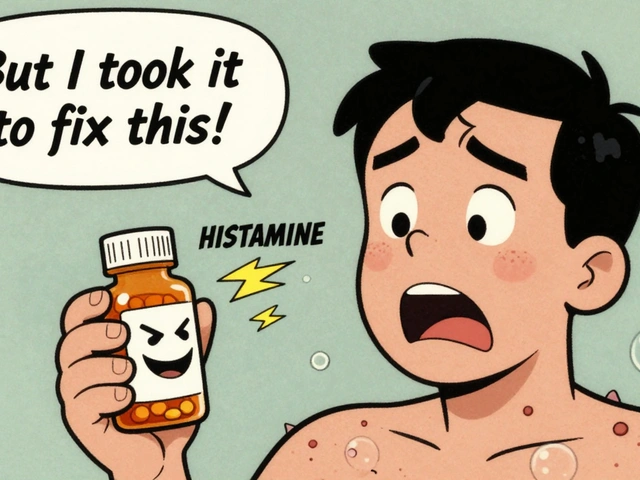Immune System Depression – What It Is, Why It Happens, and How to Boost Your Defenses
Ever feel like you’re catching every cold that passes by? That could be a sign of immune system depression – the body’s defenses are running low. It’s not a disease on its own, but a state where the immune system can’t fight off germs as well as it should. Below we break down why this happens and what you can do right now to turn things around.
Common Triggers That Weaken Your Immunity
Stress is a big hidden culprit. When you’re stressed, hormones like cortisol spike and tell immune cells to chill out. Chronic stress can keep cortisol high for weeks, leaving you vulnerable to infections.
Medications also play a role. Certain drugs – for example, steroids, chemotherapy agents, and even some antidepressants – suppress immune activity on purpose. That’s useful for treating specific conditions, but it can also make you more likely to get sick.
Health conditions such as diabetes, HIV, and autoimmune disorders can directly impair immune function. Poor sleep, a diet low in vitamins, and lack of exercise add extra pressure, often tipping the balance toward depression of the immune system.
Practical Steps to Re‑Energize Your Immune System
Start with sleep. Aim for 7‑9 hours of quality rest. During deep sleep, the body releases cytokines, proteins that help fight infection. Consistent sleep patterns keep those cytokines flowing.
Eat a colorful plate. Vitamins A, C, D, and zinc are the real MVPs for immunity. Think berries, oranges, leafy greens, nuts, and fish. Even a daily multivitamin can help fill gaps if your diet is spotty.
Move a little each day. Moderate exercise – like a brisk walk for 30 minutes – boosts circulation, letting immune cells patrol the body more efficiently. Over‑training, however, can have the opposite effect, so keep it moderate.
Manage stress with simple habits. Deep breathing, short walks, or a few minutes of meditation can lower cortisol quickly. Consistency beats intensity – a small daily habit matters more than a once‑in‑a‑while marathon session.
If you’re on medication that suppresses immunity, talk to your doctor. Sometimes dosage tweaks or timing adjustments can reduce the impact on your immune system without compromising the primary treatment.
Consider supportive supplements. Vitamin D (especially if you get little sun), probiotics, and elderberry extract have solid evidence for enhancing immune response. Always check with a healthcare professional before adding new supplements.
Stay hydrated. Water helps transport nutrients and waste products, keeping the whole system running smoothly. Aim for at least eight glasses a day, more if you’re active or in a hot climate.
Finally, keep up with vaccinations. They train your immune system to recognize specific threats without you having to get sick first. Even with a slightly depressed immune system, vaccines still provide crucial protection.
Immune system depression isn’t permanent. By tackling the main stressors, improving lifestyle habits, and working with your healthcare provider, you can restore your body’s natural defense line. Start with one change today – maybe a short walk or adding a fruit to breakfast – and watch how quickly you feel more resilient.

How Allergic Disorders Impact Mental Health: Links, Risks, and Coping Strategies
- By : Tamsin Riverton
- Date : Aug 10 2025
Explore the science behind allergic disorders and mental health, discover key biological links, and learn practical steps to manage both physical and emotional wellbeing.




